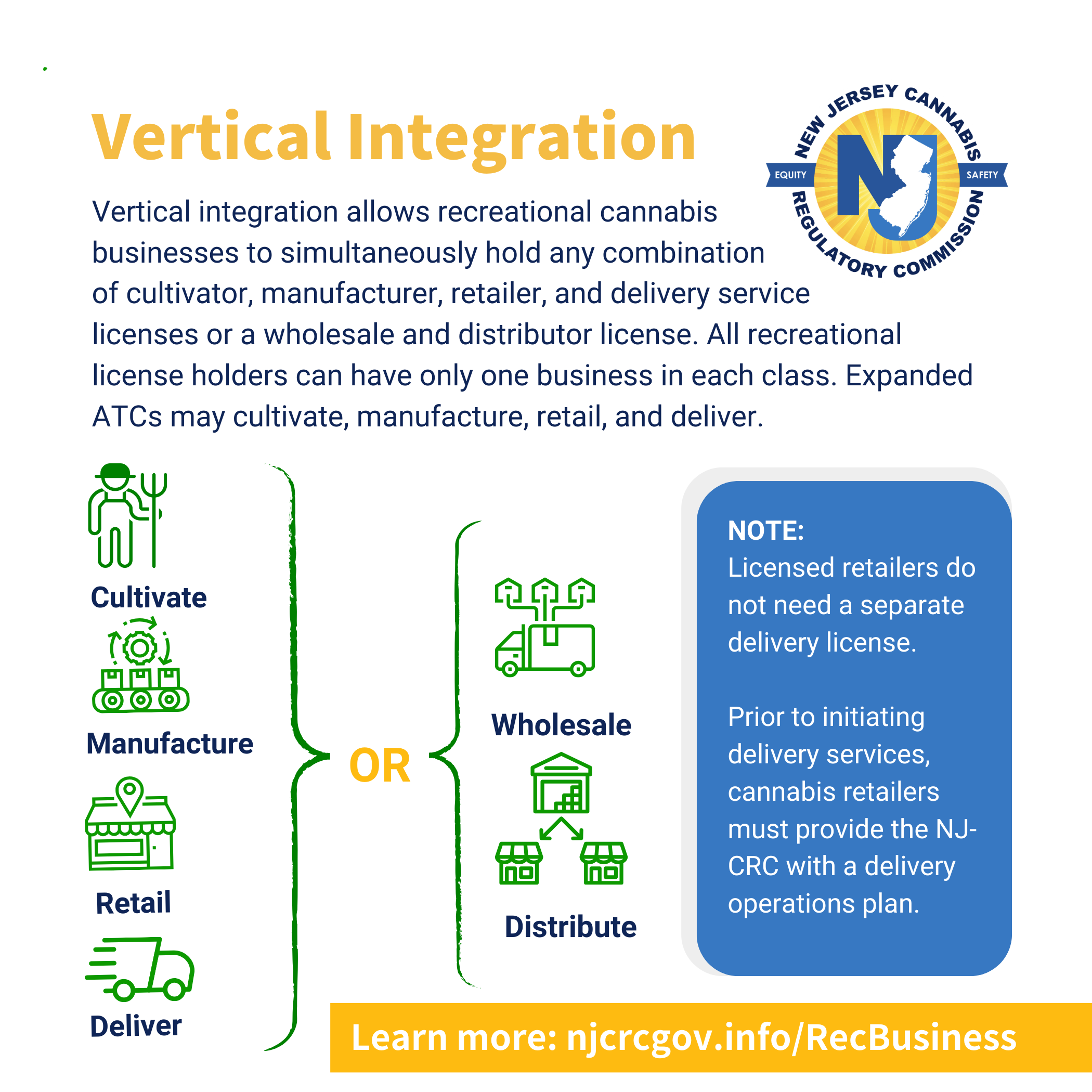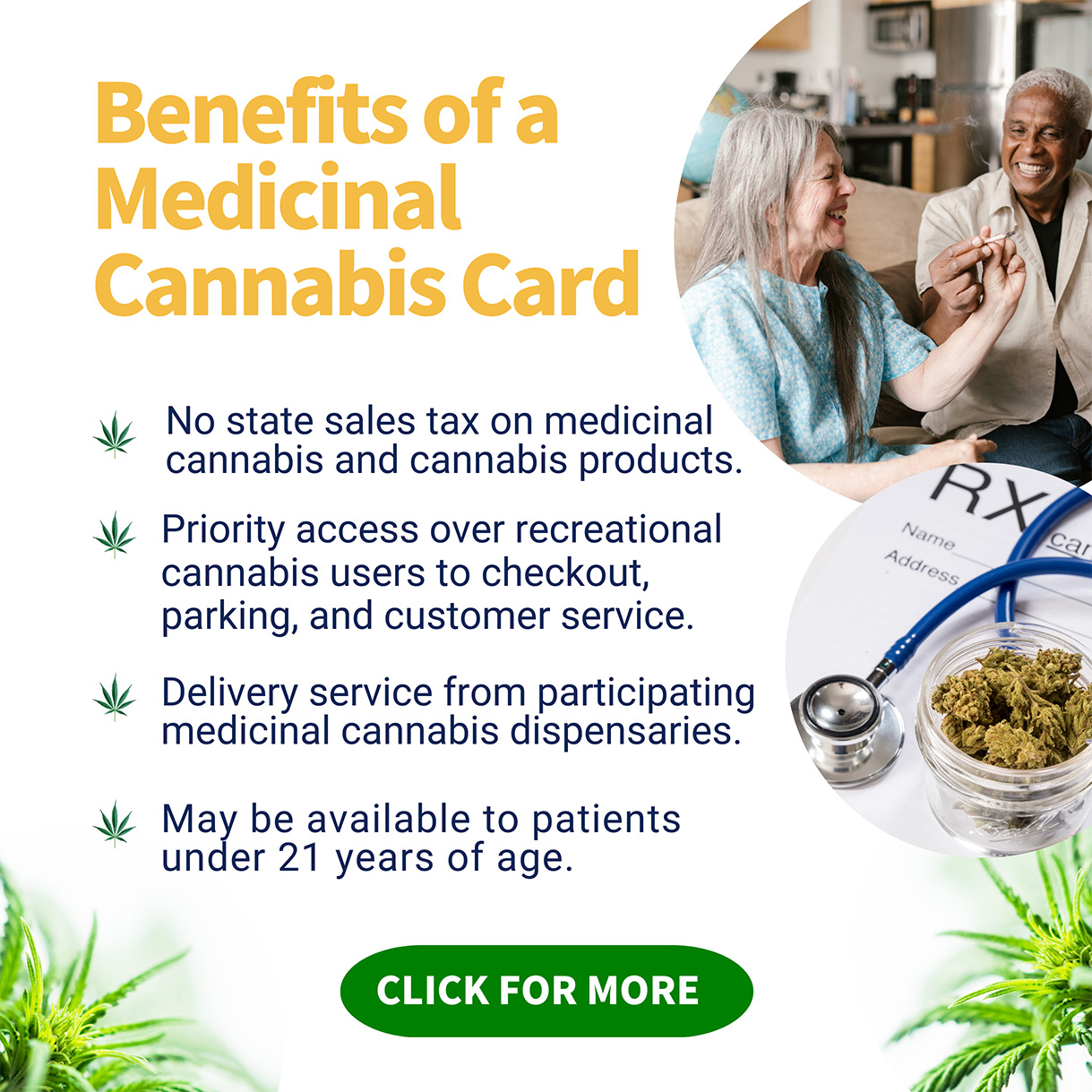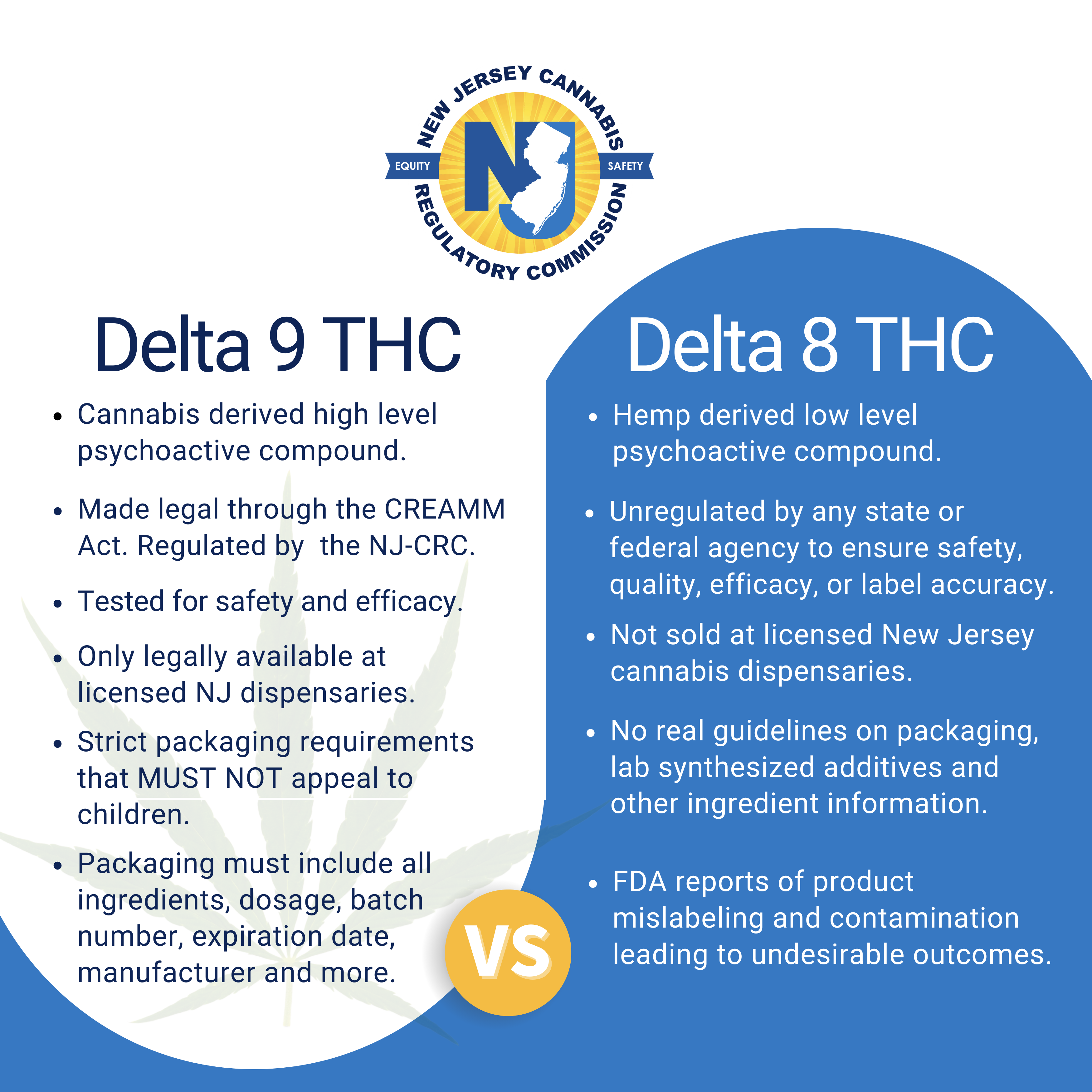
Cannabis Consumption Areas are Coming – Here’s What You Need to Know About the Proposed Rules
The Commission’s proposed cannabis consumption area rules provide individuals 21 years and older with a place to safely enjoy cannabis and socialize. The proposed regulations are designed to have a positive social impact by promoting public safety and expanding access for people who cannot or don’t want to consume cannabis in their homes.
Here are some of the proposed rules:
There must be a 21-plus age requirement with photo identification for entry.
Only adults aged 21 years and older, with picture identification, can be in consumption areas.
Cannabis consumption areas can be indoors or outdoors.
Operators of indoor consumption areas are required to comply with laws that are applicable to cigar lounges. They must also ensure compliance with the Smoke-Free Air Act.
Outdoor consumption areas need to be at least partially enclosed by barriers, walls, or fence to prevent any view from the public. Consumption areas need to ensure that smoke/vape does not escape the area into any indoor public place or workplace.
The Commission may require additional ventilation features on indoor and outdoor spaces as deemed necessary and appropriate to prevent migration, seepage, or recirculation of smoke.
Any licensed dispensary wanting to open a cannabis consumption area must be approved by the state and the municipality in which they are located.
A cannabis business will need to apply for a consumption area endorsement with the approval of the municipality where it is to be located. Endorsements will be given to already permitted and already operational dispensaries.
On-site food sales are prohibited. However, patrons can bring in their own food OR have food delivered.
Per the CREAMM ACT, cannabis dispensaries cannot share space with a grocery store, deli, indoor food market, or any other store that sells food or alcohol. This means that on-site food sales are prohibited.
There is no rule that prevents consumption areas from providing menus for food delivery to patrons of the consumption area. In addition, independent food trucks are permitted to sell food outside of the cannabis business so long as they comply with all state and local laws.
Can I leave a consumption area with unused cannabis products?
Similar to the laws prohibiting leaving a restaurant with an open container of alcohol, it will be prohibited to leave a consumption area with unconsumed open packages of cannabis. If the packaging is not resealable the consumption area must provide take-home containers that comply with all packing requirements.
The endorsement fee for micro-businesses will be $1000, and standard businesses will cost $5000 per year.
Consistent with the Commission’s other application fees, which are among the lowest in the country, the pricing for consumption area endorsements is lower for smaller businesses.
Cannabis consumption area endorsements must be renewed by the state and municipalities every year.
A cannabis business can operate ONE cannabis consumption area regardless of the number of dispensaries it operates.
Some cannabis businesses may have multiple dispensary locations, but the company will be allowed to operate only one consumption area in the state.
The sale of tobacco products and alcohol will be prohibited in cannabis consumption areas.
Consumption area patrons will not be permitted to bring in or consume any tobacco or alcoholic beverages in a cannabis consumption area.
Businesses shall not serve cannabis or cannabis products to anyone who shows visible signs of intoxication.
Everyone’s tolerance level for cannabis is different. However, dispensary operators and staff will be required to make every effort not to overserve cannabis consumers – similar to what is required of bartenders.
It is important to note that any product sold by the dispensary can be freely used or consumed in the consumption areas. In addition, patients must be allowed to take their medicinal cannabis into consumption areas. Dispensaries can, however, prohibit recreational users from bringing in their own cannabis. Dispensary operators must also make a good faith effort to ensure that only regulated cannabis items are allowed in the consumption areas.
These proposed rules are subject to change based on feedback from the public during the Open Comment Period. The comments you offer can help to shape what is finally adopted. Click here to submit your comments. The deadline to submit your comments is Saturday, March 18, 2023.
Previous Blog Posts
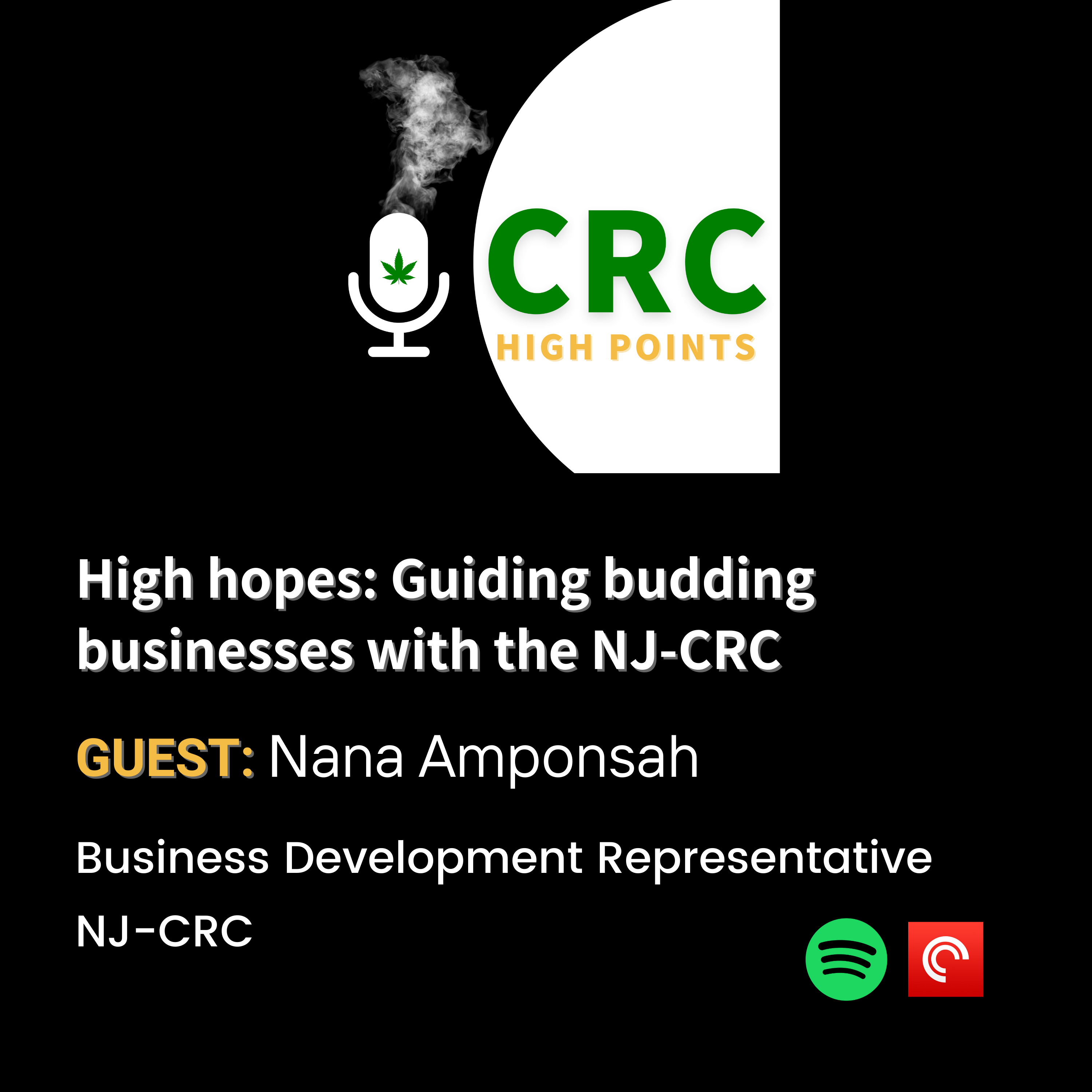
High Hopes: Guiding budding businesses with the NJ-CRC
09/5/2025
Nana Amponsah, business development representative at NJ-CRC, talks about her role, as part of the Office of Diversity & Inclusion, in identifying challenges cannabis entrepreneurs face, providing assistance to applicants and new businesses wherever possible, and acting as a liaison between cannapreneurs and other state agencies that provide support. She also explains how NJ cannabis business development differs from other fields, emphasizing the continuous need for support.

Tips for SMART Gatherings This Holiday Season
11/26/2025
The holidays are a time for food, fun, laughter, and connecting with the people who make life sweeter. And as more adults in New Jersey choose to enjoy, or gift legal cannabis during the season, the NJ-CRC has launched its second safe-use campaign, S.M.A.R.T., to help keep celebrations (relatively) stress-free. S.M.A.R.T. is an easy way to remember the basics of responsible cannabis use, especially when travel is constant, roads are chaotic, homes are busy, and curious little ones are wandering.
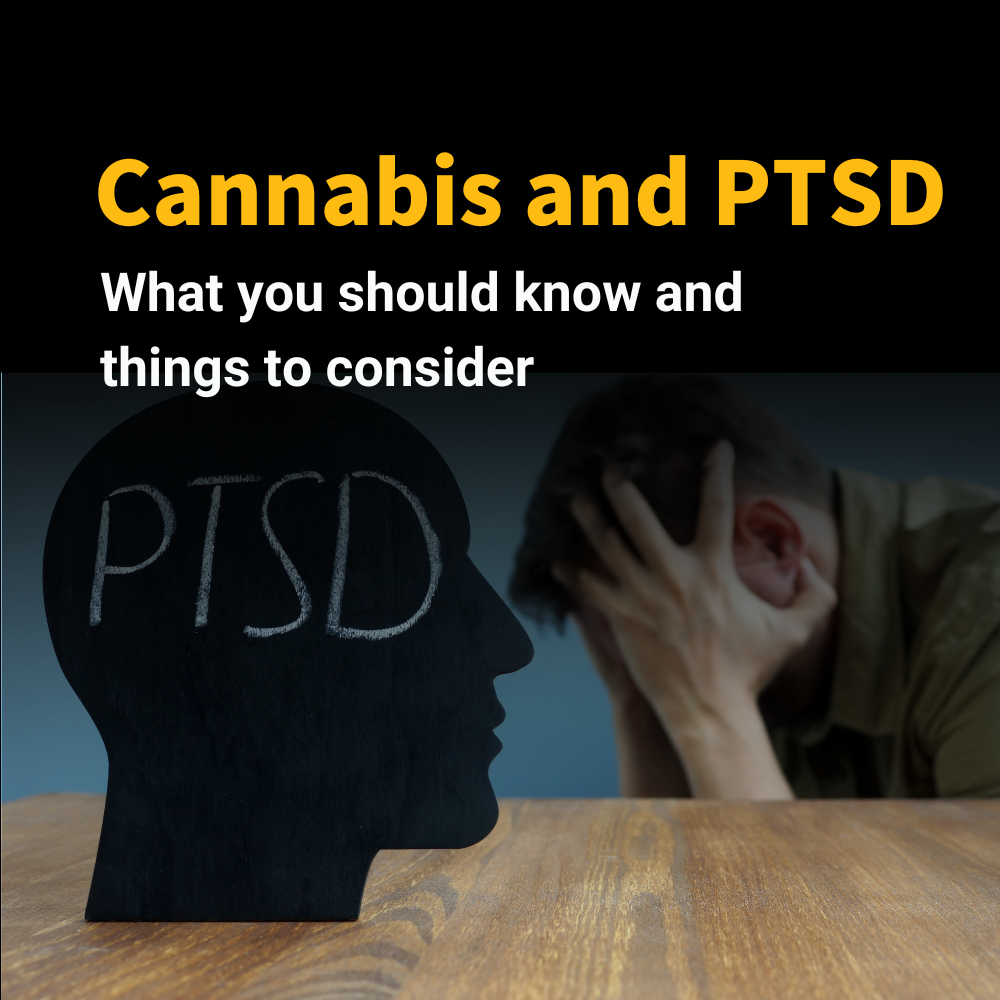
Cannabis and PTSD
10/20/2025
Everyone feels pain at some point—whether it’s a sore back after a long day, a pounding headache, or stomach cramps that just won’t let up. But for some people, pain isn’t temporary. It’s a constant part of daily life. Anxiety disorders are the most common qualifying condition for New Jersey’s Medicinal Cannabis Program (MCP). However, various forms of pain also rank highly on the list of qualifying conditions. Specifically, chronic pain related to musculoskeletal disorders is the second most common condition, migraines are fourth, and chronic pain originating from visceral sources ranks fifth.
 Official Site of The State of New Jersey
Official Site of The State of New Jersey
